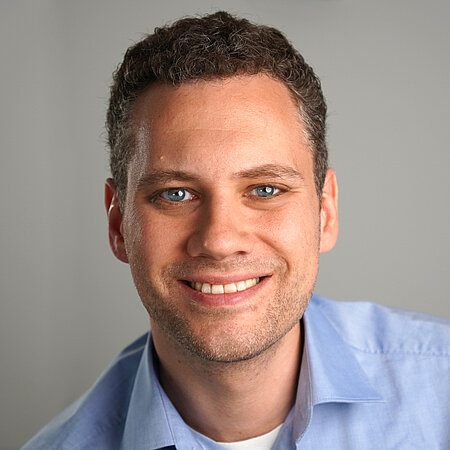Smartphones as Measurement Devices: News from the Phyphox-App
The concept of the app phyphox is based on the simple idea that smartphones and tablets come with a plethora of sensors, which can be used for data acquisition in science education. Phyphox was developed at the RWTH Aachen University for this purpose and presents itself as an open source tool with many options to customise data sources, data analysis and data presentation, while not overwhelming students with these options while they use their own devices to discover the world.
There are many situations in which these readily available measurement devices can enhance science education. These range from classical educational experiments that can be reproduced with household items (radial acceleration in a salad spinner), over casually discovering the world around us (determine the speed of an elevator with the pressure sensor) to projects on technical applications (build a Pitot tube based on this pressure sensor).
Beyond these typical experiments, phyphox has several connectivity features. Its Bluetooth interface enables smartphone sensors to be easily be combined with cheap external sensors using an Arduino or MicroPython library for phyphox. This allows us to combine the visualisation capabilities of the phone with the wide choice of sensors of DIY electronics and is accessible even to programming beginners. While these examples are suitable on the scale of typical student classes, the network interface of phyphox allows us to scale experimental data acquisition to large audiences. Automated data collection and analysis allow for entire lecture halls to participate in live experiments during a lecture and even worldwide experiments to determine Earth’s axial tilt have been demonstrated.
During the presentation of Phyphox the audience will have the chance to use the app, therefore please pre-install the Phyphox App from your App-Store.
Dr. Sebastian Staacks

Sebastian Staacks is a Scientific Assistant at the RWTH Aachen University, Germany, where he also received his Ph.D. in solid state physics. He subsequently developed the physics education app “phyphox” and focused on developing digital tools to enhance physics education for all students as its lead developer. The open source app phyphox has achieved more than 3 million installs worldwide and has inspired volunteers to translate it into 19 languages and to act as so-called phyphox ambassadors in more than 40 countries. Staacks and hi team have received several awards for their work, like the Ars-legendi-Fakultätenpreis (Stifterverband für die Deutsche Wissenschaft) and the Georg-Kerschensteiner award (German Physical Society, DPG).







